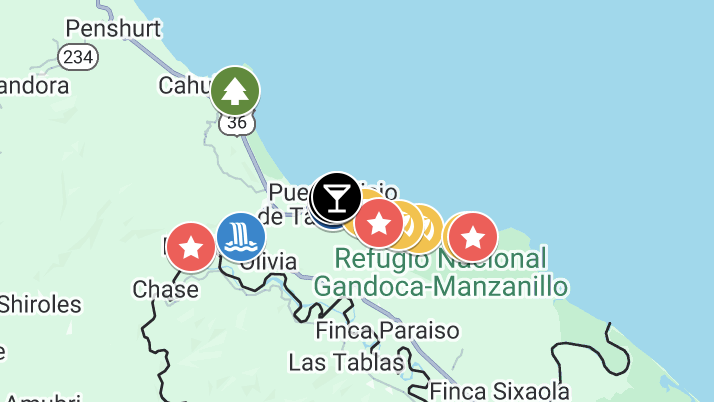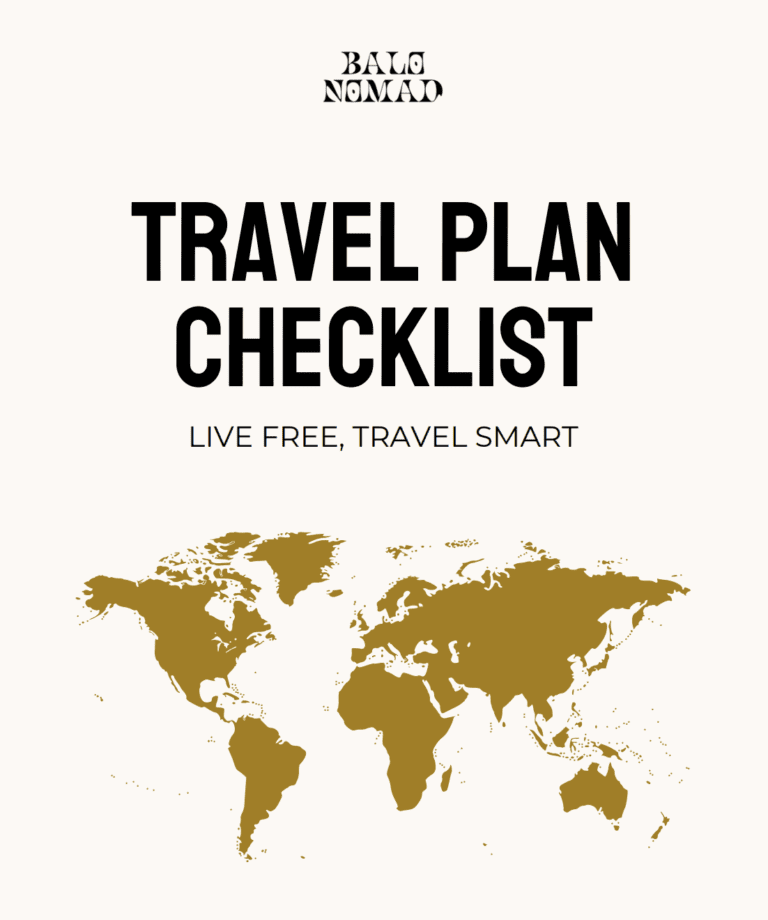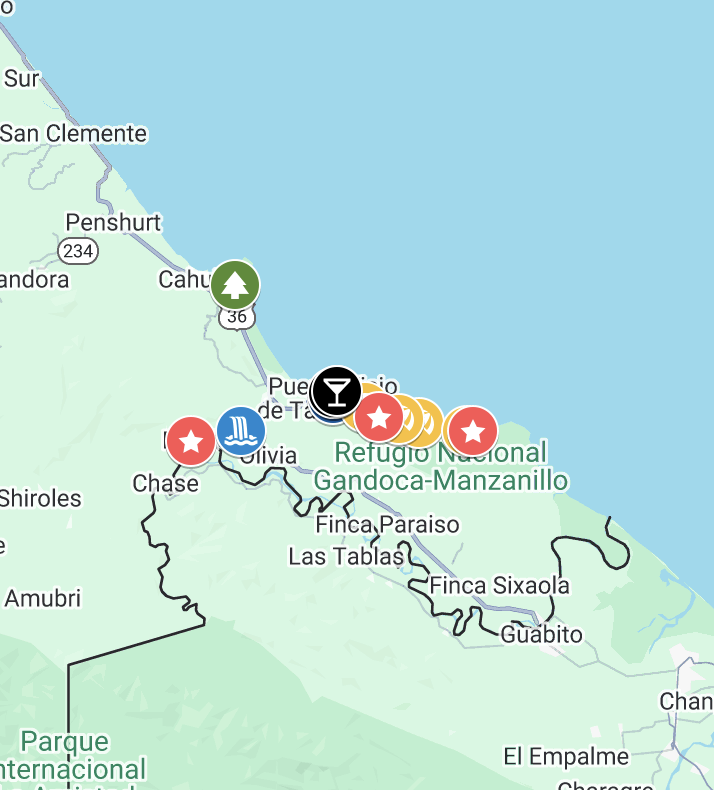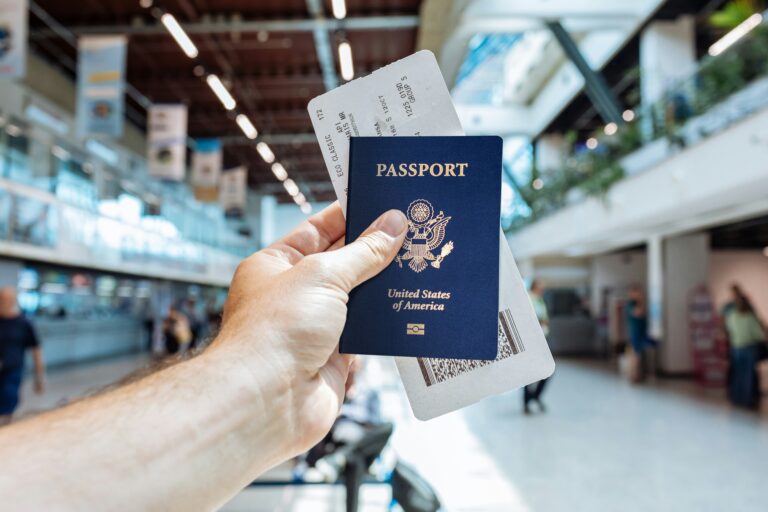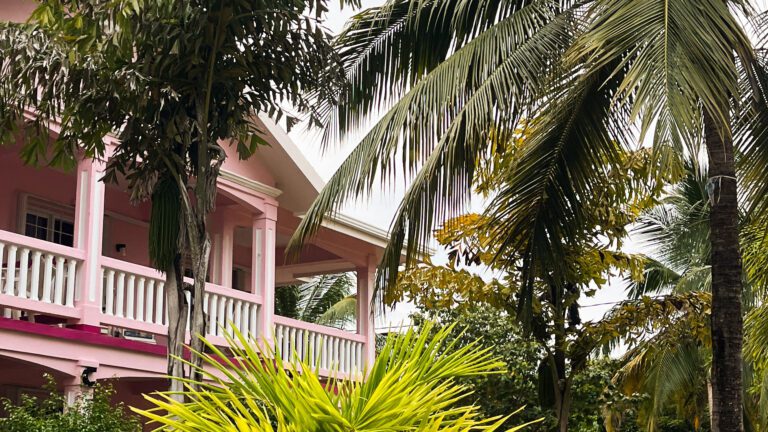
How to Travel on a Budget (To Anywhere) – Top Tips For 2025
Traveling can be done in many ways, and knowing how to travel on a budget can open doors to experiences you might have thought were out of reach. There are many proven ways to make your trips more affordable while still having comfort and amazing experiences. In this post, we’ll break down exactly how to travel on a budget, covering flights, accommodation, meals and activities. By the end, you’ll have a clear plan for affordable travel that lets you explore more, both sooner and smarter.
Just so you know: This post may contain affiliate links. That means we might earn a small commission if you book or buy something through the links – at no extra cost to you. It helps us keep sharing travel tips for budget adventures!
How to Travel on a Budget: Start with Smart Planning
To travel on a budget, it’s important to plan smart and do it in good time before the trip. Treat the trip like a project, focus on what matters most to you and where you can be flexible. Instead of diving straight into booking flights or hotels, spend some time gathering information. Check multiple destinations, explore various dates, and break down different options.
Doing this gives you the confidence to pick destinations that really excite you at the same time that you can spot deals that actually make sense. Planning with intention is a key part of how to travel on a budget, so you can get the best deals and enjoy the trip without worrying about money.
Change Your Mindset: Yes, You Can Travel
This part is all about building momentum and overcoming mental blocks. It’s easy to think things like “I can’t afford this trip” or “It’s not possible”. Instead of saying all of those things, change those thoughts into “What action can I take today to get closer to it?”. There are multiple answers to the question how travel on a budget, you just need to have some finess. Maybe you can’t go on a super exclusive vacation right now, but changing your mindset and building momentum will help you get there eventually. During the time you can discover the world on a budget.
In order to reach your goal easier, make sure to:
- Break your goal into small steps
- Track savings progress
- Celebrate small wins
Choose Your Destination With Your Budget In Mind
Where you go can make a huge difference to how far your travel money stretch. Some regions are more affordable and let you enjoy longer trips or more experiences without spending too much. For example, Southeast Asia, Portugal and parts of Eastern Europe are often very budget-friendly, while Spain, Greece, and Mexico sit in the middle, and places like Scandinavia, Switzerland and Japan tend to be more expensive.
Some research goes a long way and there are many tools to help you do the research. You can for example use travel cost calculators like BudgetYourTrip or check travel blogs to get a better sense of daily expenses. Keep in mind that these tools use averages, so real costs can vary depending on travel style and season. Once you have more information about the destination, you can plan your trip easier and make sure to focus on the experiences that matters most to you, while keeping other things of your trip in lower-cost areas. Smart research and choices are simple ways to make your budget go further.

Travel During Shoulder or Off-Peak Seasons
The timing on the travel can make a huge different when it comes to the budget. During high season, prices normally goes up both for flights, accommodation, tours and other daily costs, therefor, it can be a good idea to avoid traveling during this season. Instead, its better to travel during either the shoulder-season (between high and low season) or the low season. During this time its usually less tourism, better deals and lower costs.
In many places, its possible to save up to half the cost, only by shifting your trip dates a few weeks in time. Normally it’s the weather that people is most concerned about when it comes to this, but actually, a bit of rain or cooler weather can make the experience more authentic and special. For example, Japan in November is stunning with all the autumn colors, and it’s way less crowded than during the cherry blossom season.
Stay Outside The Popular Areas
A great way to travel on a budget is to stay just outside the popular areas or city centres. Prices for accommodation is lower once you move just a few metro stops or neighborgoods away from the main touristy areas. This can also get you a more local experience with less tourist and more small cafes and neighborhood markets.
Also make sure to look for accommodation that include a kitchen, this alone can save you a lot over time. Make sure that the accommodation have easy access to public transport in order to get to the main attractions without problems. Also make sure that it is in a good and safe area. We personally use Hostelworld, Booking or Airbnb to find these kinds of stays.
Slow Travel Saves Money
Slow travel is all about taking your time to truly experience a destination instead of rushing from place to place. By staying longer in one place, you can easier score discounts on weekly or monthly rentals. On top of that you’ll also naturally reduce the cost of transportation. Beyond the savings, slow travel can also give you a deeper connection to local life. You’ll find small cafés, local markets and other spots that most tourists never find, while also enjoying a more relaxed and meaningful way of exploring the world.

Use Points, Miles, and Travel Rewards
Using travel rewards, miles and points is one of the best ways to cut costs on flights and hotels. You can earn points through credit cards, by booking directly with airlines, joining hotel loyalty programs or taking part in partner promotions. Tracking your rewards and redeeming them for free flights, upgrades or stays can save you a lot over time. Each program has its own rules, blackout dates, and restrictions, so take time to read the details before you start collecting. Some programs also have regional limits or specific partner airlines, so check where your points can be used before signing up. With a bit of planning and organization, travel rewards can make a big difference in your budget and potentially unlock free or upgraded experiences.
Book Flights Smartly
Booking flights smartly can help you save some of your travel budget. Being flexible with travel dates, comparing flights and setting price alerts helps you catch drops and find the best deals. Planning ahead helps you catch the best deals and feel confident about your choices. Many flight deal sites show discounts, but always make sure to check for baggage fees or other restrictions. We personally like using Kiwi because it’s great for comparing routes and spotting the cheapest options for flights. Google Flights and Skyscanner are other tools we regularly use to browse and compare different options.

Accommodation Hacks
Finding cheap accommodation doesn’t have to mean sacrificing comfort or safety. There are plenty of budget options to choose from. Hostels are great not only for solo travelers but also for couples or shorter trips. Couchsurfing or house swaps can give you free stays, and long-term rentals often offer discounts for extended stays. Other alternatives, like work exchanges or pet-sitting, saves you money while letting you experience local culture more deeply. For a complete guide, check out our post on How To Find Cheap Accommodation While Traveling.
Travel with Minimal Luggage
This one can be a bit tricky at first, but the more you travel, the more you’ll notice that most of the things you pack end up unused. Sticking to just a carry-on can save you a lot of money on airline fees and makes moving between destinations much easier. Pack multi-purpose clothes that can be mixed and matched, choose one reliable pair of shoes and focus on essentials that truly matter for your trip. Traveling light not only helps your budget but also makes it easier to explore without being weighed down by luggage.
Eat Like a Local
If you really want to save money and eat well while traveling, the best move is to eat like a local. Forget the tourist traps and look for the spots where locals actually go. Going to markets or grocery stores can get you fresh, cheap meals and asking local people for recommendations often leads to the best little restaurants. Many times it’s the small family-run places that serve the tastiest traditional dishes that don’t cost too much.
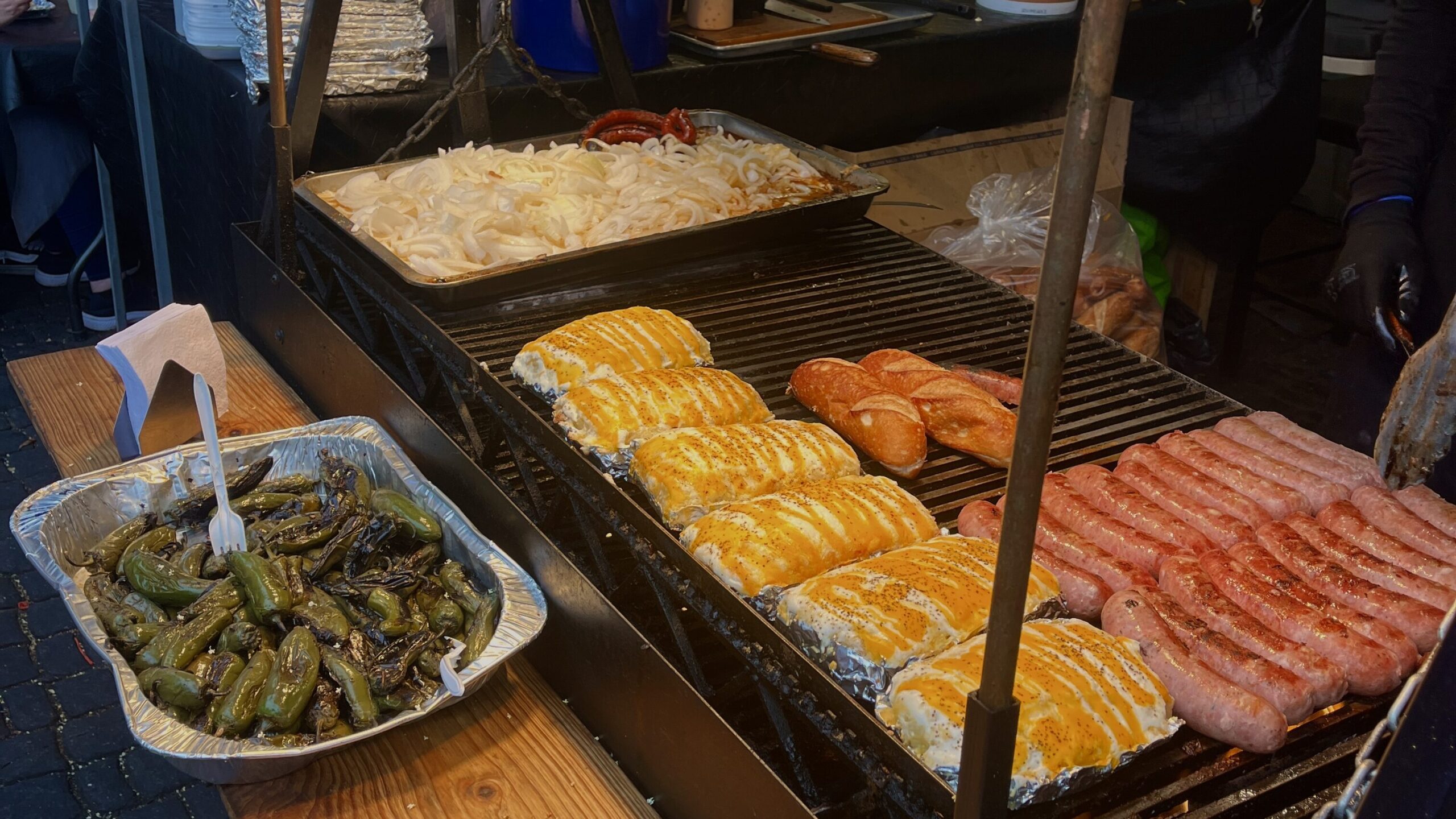
Use Public TransportatioN
Public transport is usually the way to go when traveling on a budget. Buses, trains and trams often cost a fraction of what taxis or rideshares charge, and they also give you a real glimpse into how locals get around. If you’re traveling with friends, ride-sharing apps might still be worth it but solo travelers will save most by using buses or trains.
Check if the city offers day passes or multi-day transport cards, they often provide unlimited rides and are a great deal for tourists. Apps like Google Maps make it simple to figure out routes and schedules, and for longer trips between cities, Rome2Rio is perfect for comparing options and prices. However, we always recommend asking locals, checking with your hostel staff, or going directly to bus and train stations to get the best prices. Using public transport not only keeps your budget in check but also makes your travel experience more authentic.
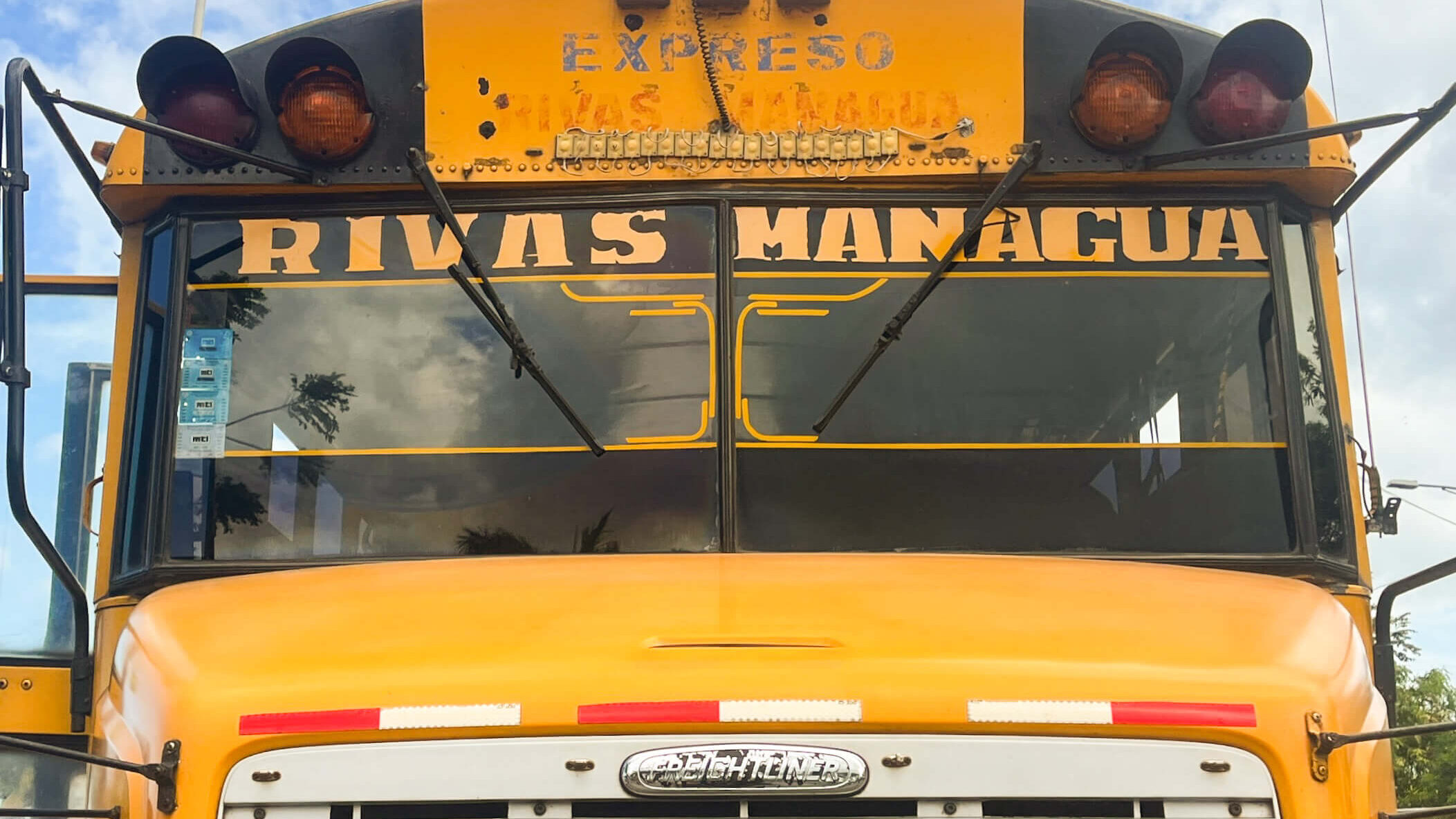
Find Free and Low-Cost Activities
There are plenty of activities you can enjoy for free or at a low cost. Free walking tours, public parks, local markets and festivals can give you a great experience without spending a dime. Natural spots like waterfalls, beaches and some national parks are also often accessible without any fees. Many cities offer free museum days, art exhibitions or cultural performances that can be worth checking out. In certain places, you might be told you need a guide, when in reality you don’t, sometimes it’s just a way to get you to pay. If you’re not sure where to start, ask hostel staff or visit the local tourist office, they usually know the hidden spots and free activities that most visitors miss.
Work, Volunteer, or Teach While Traveling
If you’re planning a longer trip, consider trading your skills for free accommodation or food. Work exchanges through platforms like Workaway or Worldpackers can help you stay longer in a place while keeping costs low. Remember that each program has different terms, some cover just accommodation, while others include meals or small stipends, so always check the details before joining.
Freelancing remotely or teaching English are other ways to earn as you travel. Not only does this save money, but it also gives you a deeper connection to the local culture. If you want to learn more about making money while traveling, check out our guide to How To Make Money While Traveling Full Time.
Embrace Community Based Travel Options
There is different community based travel options that can help you save money during your trips. Options such as housesitting sites or rideshare services lets you save money at the same time as you get a unique and different experience. Some great platforms to check out include TrustedHousesitters and BlaBlaCar that is offering affordable ways to travel while connecting with people along the way. Note that TrustedHousesitters usually has a small annual fee, and BlaBlaCar is mainly active in Europe and parts of Latin America, so availability depends on your destination.
- TrustedHousesitters: Connects travelers with homeowners who need someone to look after their home and pets while they’re away. In exchange for taking care of the house or pets, you often get free accommodation. A win-win that saves money and lets you experience living like a local.
- BlaBlaCar: Rideshare platform where drivers with empty seats offer rides to others going the same way. Instead of taking expensive trains or buses, you can share a ride for a fraction of the cost, meet locals and travel more sustainably.
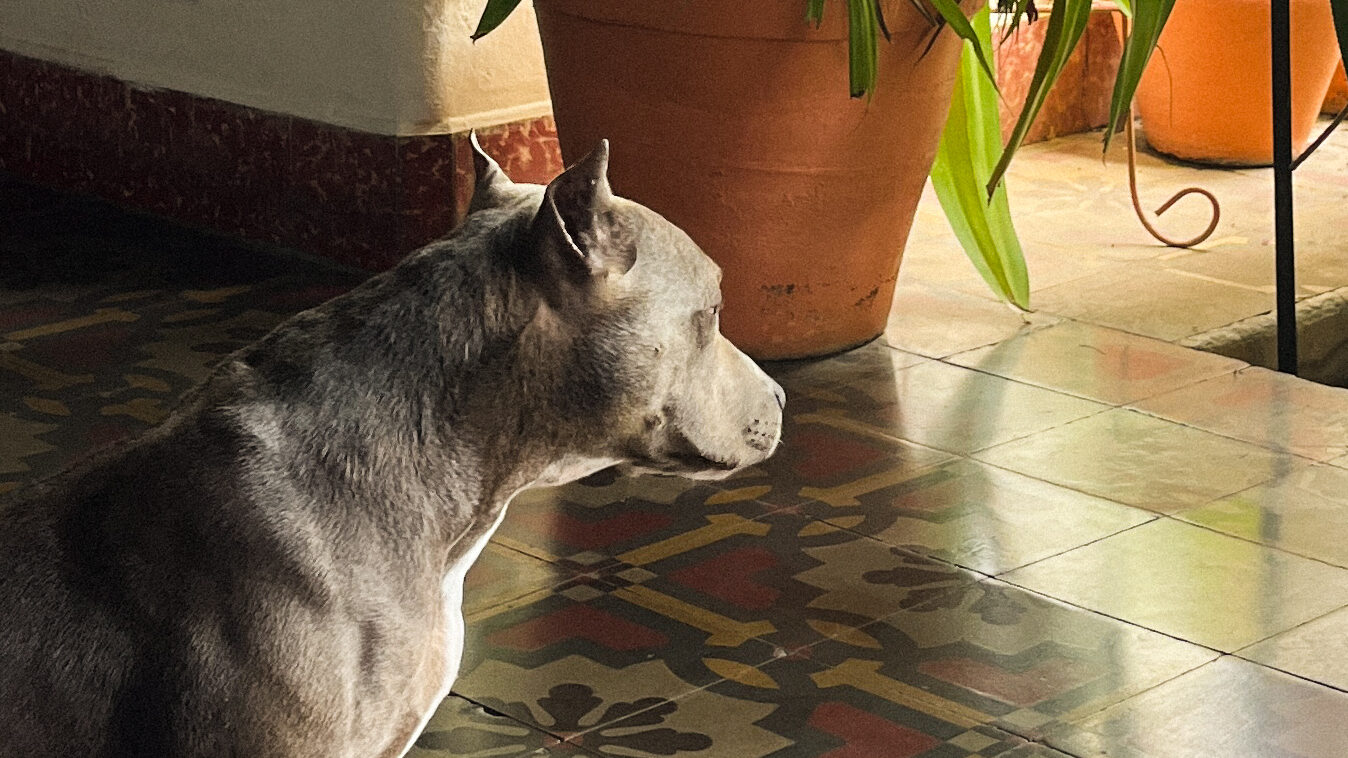
Track Your Expenses
Tracking your expences will help you stick to your budget and make sure you not overspend. You can use budget tracking apps, or simply create a spreadsheet to track flights, accommodation, food, activities, and other expenses. Check your spending weekly and adjust where needed. It’s much easier to stay on track when you know exactly where your money is going.
Things Not to Skip and Costs to Watch Out For While Traveling
Don’t Skip Travel Insurance
Travel insurance might feel like an extra expense, but it’s an real essential thing to have when traveling. It can save you a lot of money if an accident or illness happens abroad, and an insurance with trip cancellation or interruption insurance ensures that unexpected changes don’t ruin your plans or savings.
When choosing a travel insurance plan, focus on the essentials like medical coverage, emergency evacuation and trip cancellation. There are plenty of affordable options that cover all of this so you can travel worry-free. Just make sure to check exactly what’s included, since some basic policies don’t cover trip cancellations or adventure activities, unless you add them separately.
Also, think about the kind of trip you’re planning. If you’re doing adventure activities like hiking, diving, or motorbiking, make sure your plan covers those as well.
Hidden Costs to Watch Out For
Even with careful planning, a few hidden costs can quietly eat into your budget. These are often small, easy-to-overlook expenses, but knowing about them can save you both money and stress. Here’s what to watch out for:
- ATM withdrawals and banking fees: Converting cash or withdrawing from ATMs can have hidden charges. Tools like Revolut help minimize these fees and make spending abroad more predictable.
- Visa or entry fees: Requirements vary depending on the country and nationality. Some visas must be purchased in advance, while others can be obtained on arrival. However, the costs can add up, especially if you plan multiple destinations.
- SIM cards or eSIM plans: Staying connected while traveling can sometimes get pricey. It’s smart to research local options or compare different eSIMs to find the best prices and deals before you go.
- City or tourist taxes: Many destinations charge a small fee per night, usually added on top of your accommodation cost. The amount often depends on the city or country and is usually charged per person per night. Most hotels and rentals include it in the final bill, but in some cases you’ll pay it directly at check-in. These fees help maintain local infrastructure and tourist services. Examples include Rome, Paris, Prague, and many popular European cities.
Conclusion
It doesn’t have to be hard to travel on a budget. With smart choices and an open mindset, you can stretch your money further and still enjoy amazing experiences. Book flights in advance, choose budget-friendly local stays, eat like the locals and explore other smart ways to save. Small decisions like these can make a big difference in how far your budget stretches. Start planning, start saving and get ready to explore, because affordable travel is more possible than you think.

